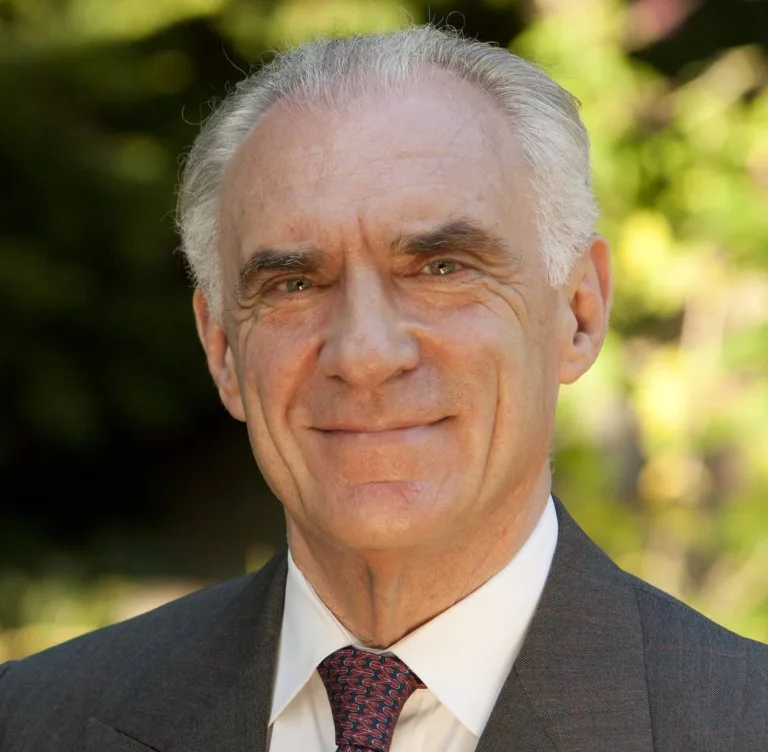
By Drew Williams
Have you ever wondered if you are out of favor with God or have acted in such a way so as to exhaust His mercy toward you? Have you ever imagined that you have somehow crossed a line and are now in a place from which you cannot come back? If you have had these thoughts, the first book of Samuel gives us an unlikely hero, by the name of Mephibosheth, whose story speaks to our groundless fears and evidences the unquenchable love, grace, and mercy of God.
The Hebrew name Mephibosheth literally means, from the mouth of shame. Mephibosheth was Jonathan’s son, King Saul’s grandson, and the last living survivor of the first royal house of Israel. This family, once in power, is now fully out of favor. David has been purging the earth of the sons of Saul (2 Samuel 3:1), and Mephibosheth, as a descendant of Saul, would have fully expected that his life would be over if David ever found him. He believes himself to be David’s enemy and is currently hiding and in fear of his life.
As well as this unfortunate birthright, Mephibosheth’s life has been made harder by circumstances that were not of his own making. When the news came of his father’s and grandfather’s deaths on the battlefield of Gilboa, Mephibosheth was only five years old. His nurse took him in her arms and fled to Lodebar. In her panic, the young child fell from her arms and his feet were broken. From that day on, he was lame in both his feet (see 2 Samuel 4:4). And because he was lame, he could not work. He had inherited nothing but abject poverty and the prospect of death. He was a man in a desperate situation: disgraced, disabled, living in poverty and shame, and in fear for his life.
Remember those thoughts when we imagine ourselves to be outside God’s favor, far from blessing, peace, or intimacy with God. What Mephibosheth ultimately learns is that we can live with the assurance that God’s heart toward us is to take our ruin and turn it into redemption.
This journey begins for Mephibosheth when David learns of his hiding place and sends his troops to bring him to Jerusalem. Upon his return to the palace, Mephibosheth surely fears the very worst. However, David calls him by name and says, “Do not fear, for I will show you kindness for the sake of your father Jonathan, and I will restore to you the land of Saul your father and you shall eat at my table always.” (2 Samuel 9:7)
Mephibosheth had lived almost all his life as an orphan, an outcast. He is now restored as David’s son — a prince of Israel. He had lived far from Jerusalem, in a place devoid of blessing. He is now granted perpetual fellowship and communion with the king. This man, who had lived with shame all of his life, now sits at David’s table. He is still lame in both feet, but what he perceived to be to his shame is now covered under the king’s table.
What was Mephibosheth’s part in all of this? It was simply to accept the king’s mercy. The proof of Mephibosheth’s reception of this mercy is evident in his confession of his own unworthiness. He says, “What is your servant, that you should show regard for a dead dog such as I?” (2 Samuel 9:8) There was no inherent virtue, no redeeming feature that in any way made him worthy of such an astounding work of restoration. Mephibosheth’s part was to know his very real need of mercy and to accept it.
But this is not the end of the story. There is a curious little twist in Mephibosheth’s life. It is not clear quite how it happened. It is possible that Mephibosheth was tricked — but having been so graciously redeemed and restored by David, a few years later, Mephibosheth finds himself in the wrong place at the wrong time on the wrong side of a rebellion against David. The rebellion is crushed and now Mephibosheth must again face David.
I wonder if any of us once experienced God’s mercy and love after hitting a “spiritual low,” but now feel like we have really blown it — and we are quite sure that we are permanently outside the mercy of God. We had our shot, we were rescued once, and we now we’ve irrevocably failed. There is no mercy left for us in the heart of God. We deserve nothing.
Mephibosheth was clearly in a place of abject despair. Believing that this must surely be the place where David’s mercy runs dry, Mephibosheth says to David, “…my lord the king is like the angel of God; do therefore what seems good to you. For all my father’s house were but men doomed to death before my lord the king, but you set your servant among those who eat at your table. What further right have I, then, to cry to the king?” (2 Samuel 19:27b28)
Imagine his surprise as the king looks him in the eyes and says to him: “Why speak any more of your affairs?” and then goes on to restore land to him (2 Samuel 19:29).
In other words, “Whatever has or has not taken place, my love covers all your sins. My love does not run dry. Mephibosheth, there is no end to the mercy I have shown you.”
This story is a remarkable portrait of God’s heart. It is the same heart that brought Jesus willingly to the cross in the fulfillment of the new covenant — which was for all of our sakes. “But now in Christ Jesus you who once were far off have been brought near by the blood of Christ.” (Ephesians 2:13) And toward us, His mercy knows no end. His love daily pursues us and redeems and restores us, time and time again, that we would know, that we would really know, the place that He has set for us at His eternal banqueting table.
Drew Williams is the Senior Pastor of Trinity Church. Visit Trinitychurch.life





